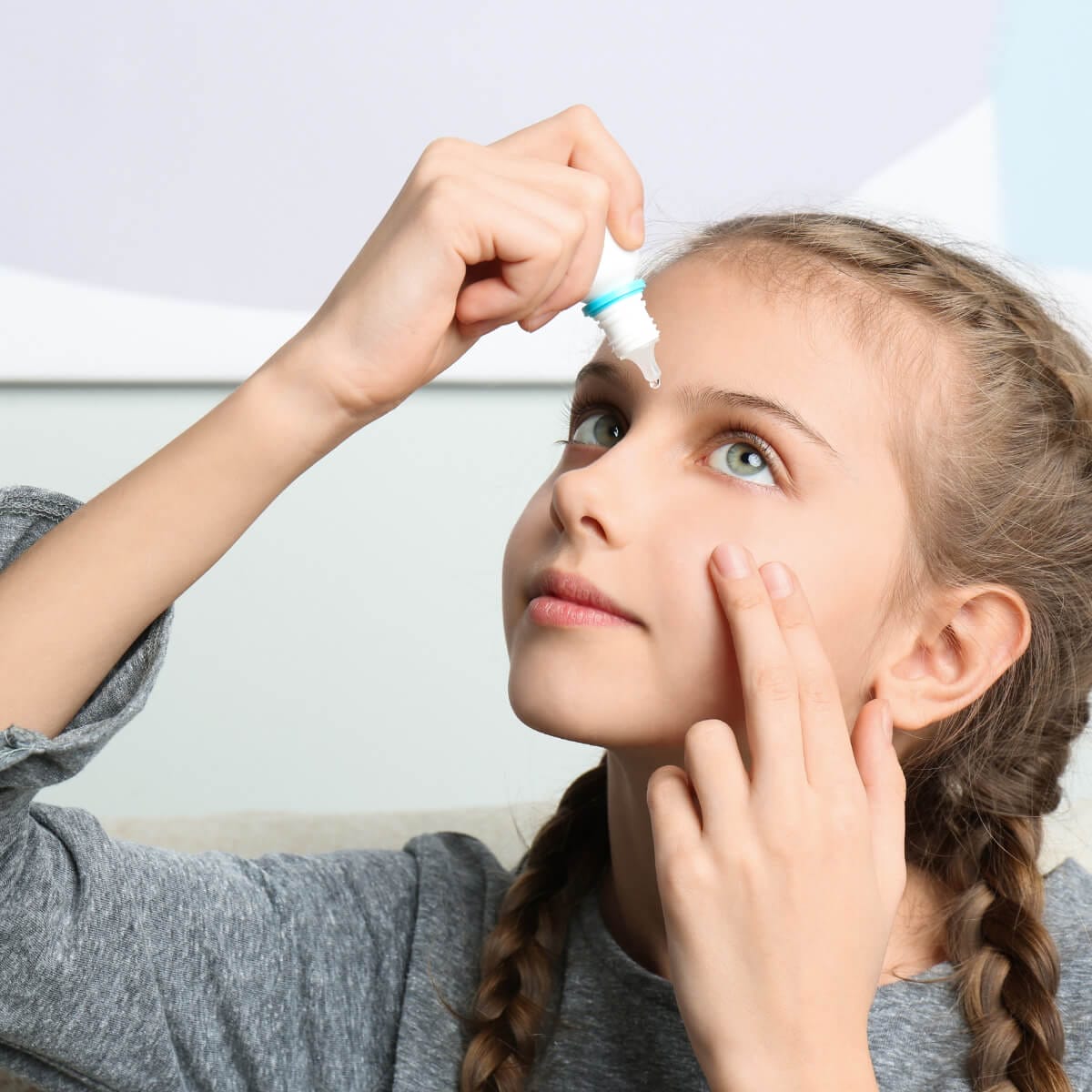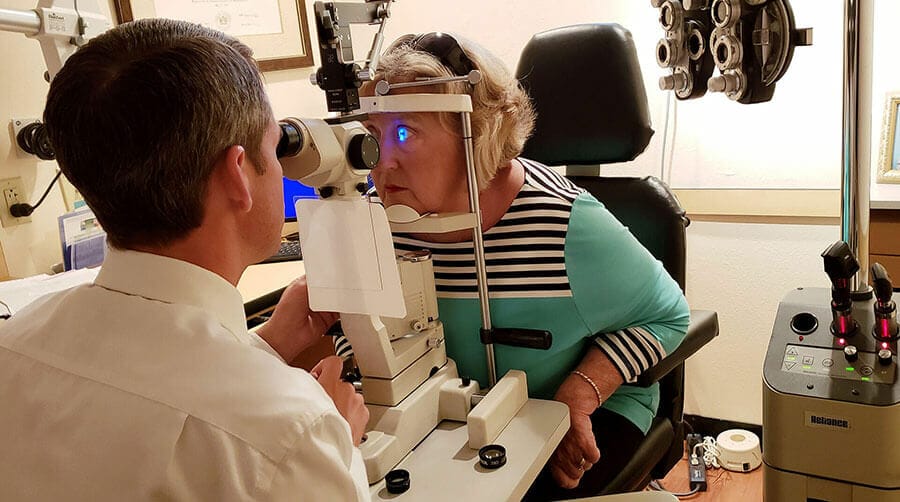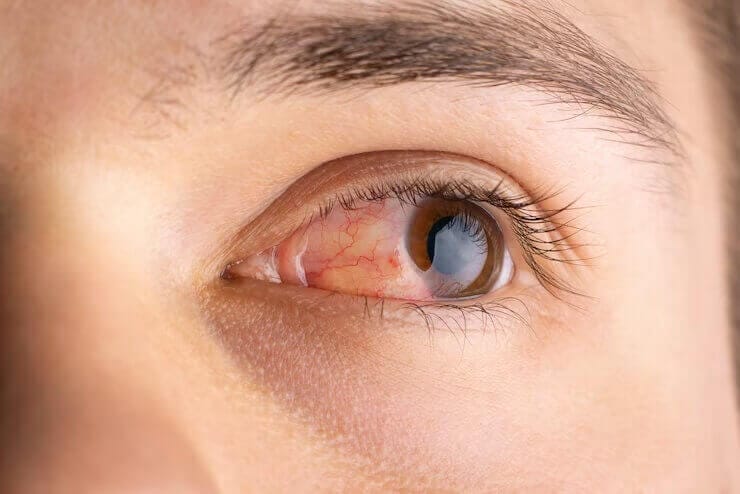Important Precautions for Brimonidine Eye Drops
Allergies
Before starting the medication, inform your eye care provider about any allergies you may have, especially if you've had reactions to other eye drops or similar medications in the past.
Medical History
Discuss your medical history with your healthcare provider, focusing on eye conditions, heart issues, and blood pressure, as brimonidine can have effects on the cardiovascular system.
Pregnancy and Breastfeeding
If you're pregnant, planning to become pregnant, or breastfeeding, consult your healthcare provider before using brimonidine eye drops. The medication may be absorbed systemically, and its effects on an unborn or nursing baby are not fully known.
Driving and Operating Machinery
Brimonidine eye drops may cause temporary blurred vision or drowsiness. Avoid driving, operating machinery, or performing activities requiring sharp vision until you're sure you can do so safely.
Alcohol and Other Medications
Alcohol and some medications can interact with brimonidine, possibly enhancing side effects like dizziness or drowsiness. Discuss all medications, both prescription and over-the-counter, that you're taking with your healthcare provider.
Proper Storage
Keep the medication in a cool, dry place away from direct sunlight. Always ensure the bottle cap is tightly sealed to avoid contamination. Dispose of the bottle as advised if it's past the expiration date or appears discolored or cloudy.
Avoid Contamination
Never touch the tip of the bottle to your eye or any other surface. Doing so can contaminate the solution, leading to potential eye infections.






















